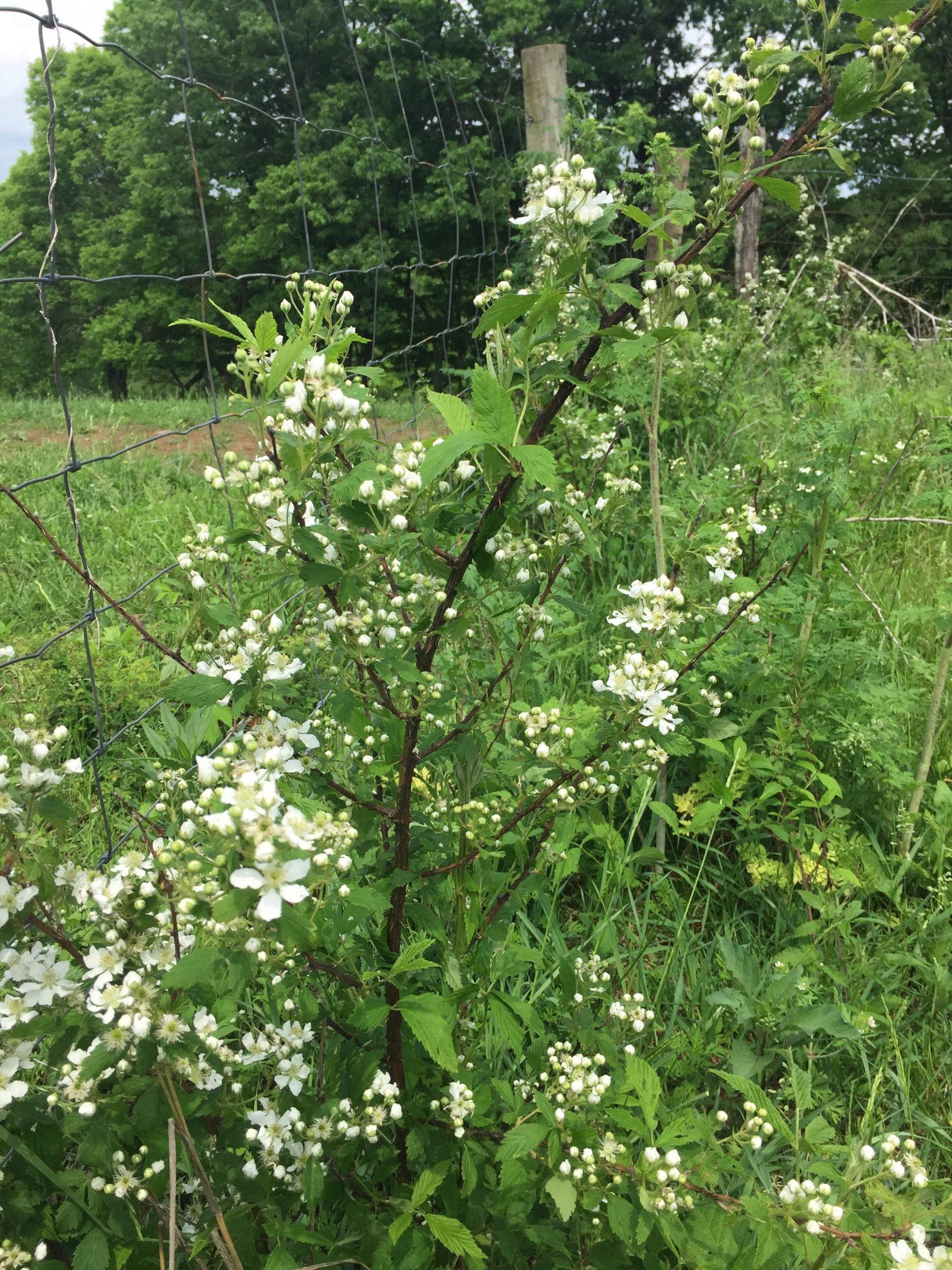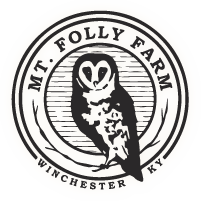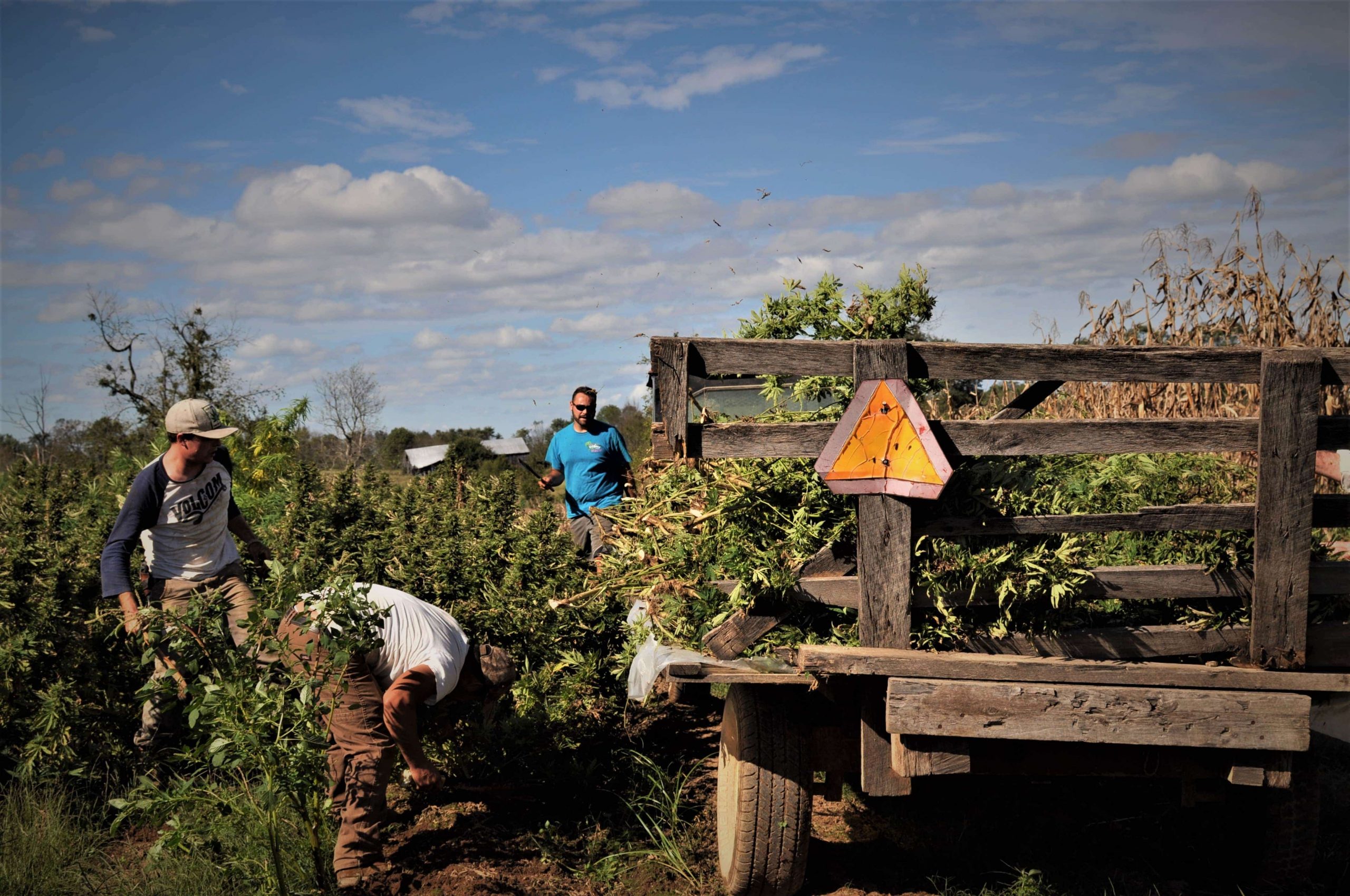
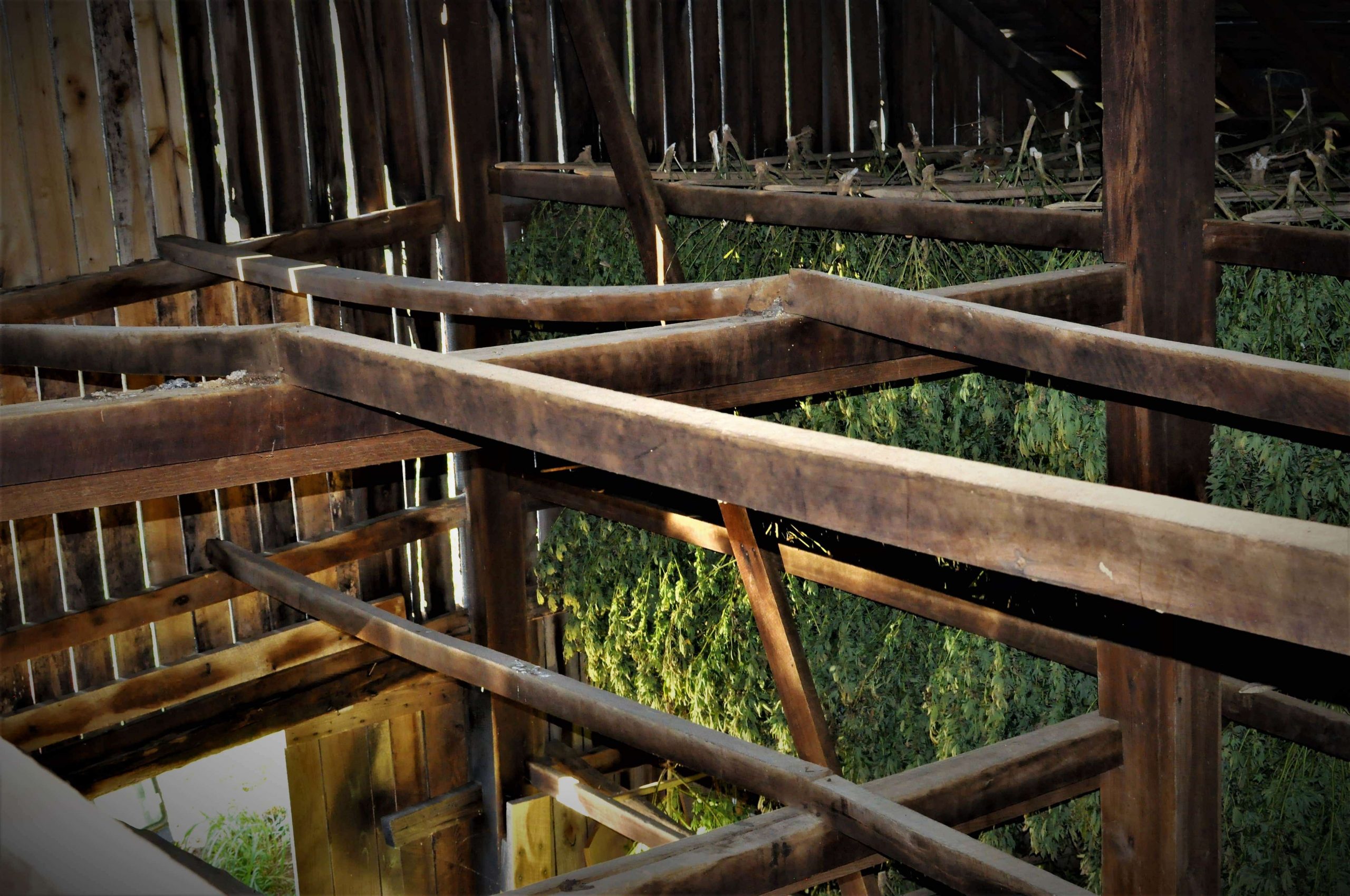
We finally have some dry weather, and harvest is on. We’ve got our Cobbler variety of CBD in the barn, and finished our organic corn today. Our organic yellow corn goes in the grain bin, for sale in 2019. Our organic Bloody Butcher is cleaned and sacked, ready for the granary, which we’ll fire up after Thanksgiving.
May – High Summer, 2018
High Summer, here we are!
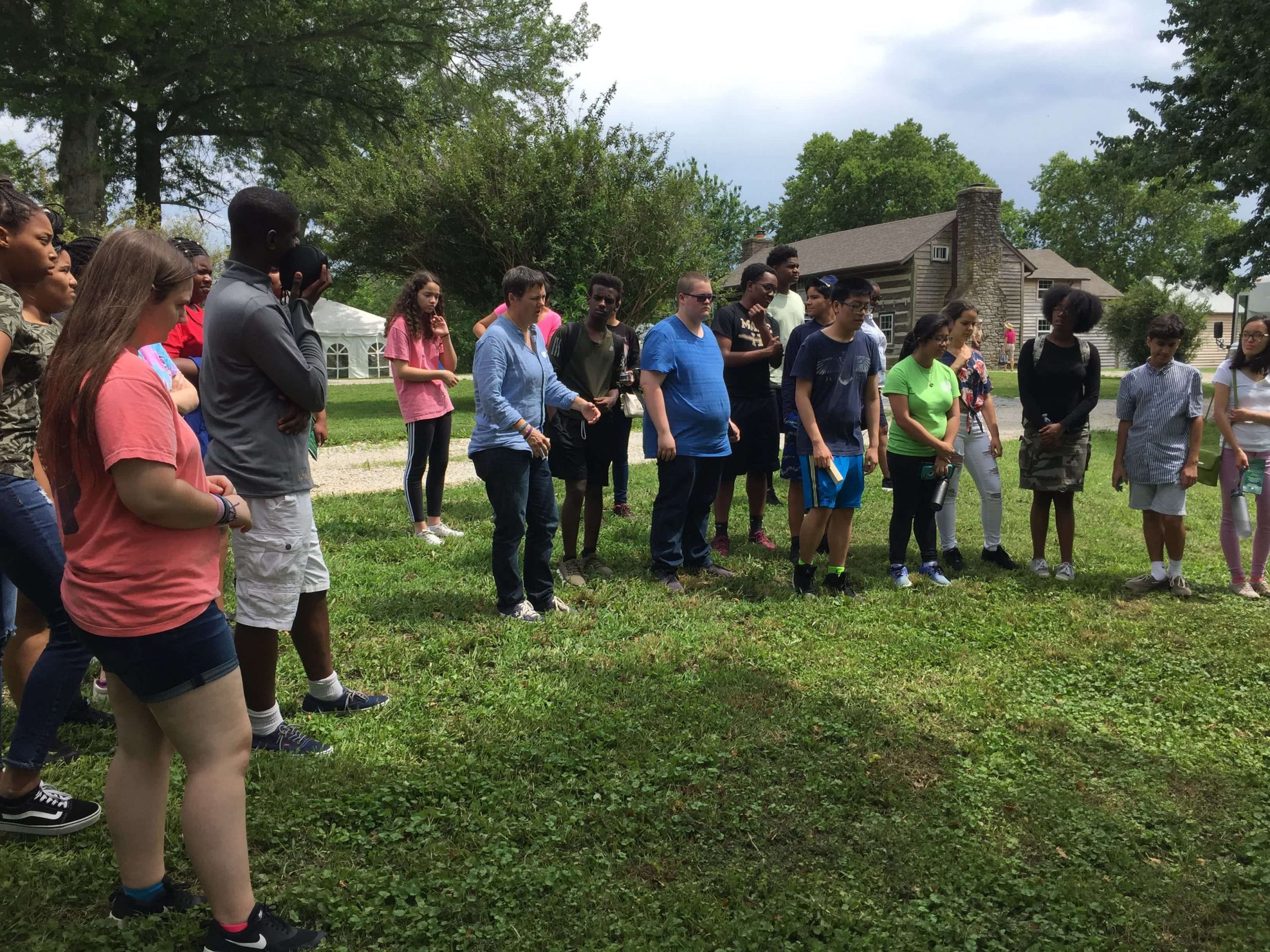
In June, we hosted Berea College’s program for the Whitney Young Scholars, got up our first cutting of hay, and mowed the farm off. Our hay fields are certified organic, and we fertilize them after each cutting with Mt. Folly Compost tea. It’s “our secret recipe,” so I’m not going to tell you how we make it, (it’s all organic, and the inspector reviews the mix.) but I can tell you that the whole point of the brew is to feed the soil.
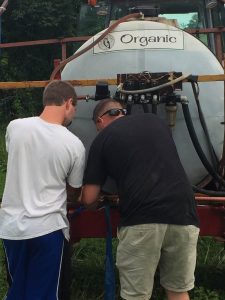 This is the paradigm shift in organic food production. On Mt. Folly, the soil is alive! And this is why we at the Organic Farmer’s Association think hydroponic organics goes against some of the basic principles of organic farming. This at a minimum should be labeled, so customers can know the difference.
This is the paradigm shift in organic food production. On Mt. Folly, the soil is alive! And this is why we at the Organic Farmer’s Association think hydroponic organics goes against some of the basic principles of organic farming. This at a minimum should be labeled, so customers can know the difference.
For my part, having been at it for 35 years, I’ve concluded that deception in food advertising is so pervasive that local knowledge and transparency are the only answers. This is the reason behind this website, and the science and legal tabs on Laura’s Mercantile website, and the “our-doors-are-open” policy at Mt. Folly.
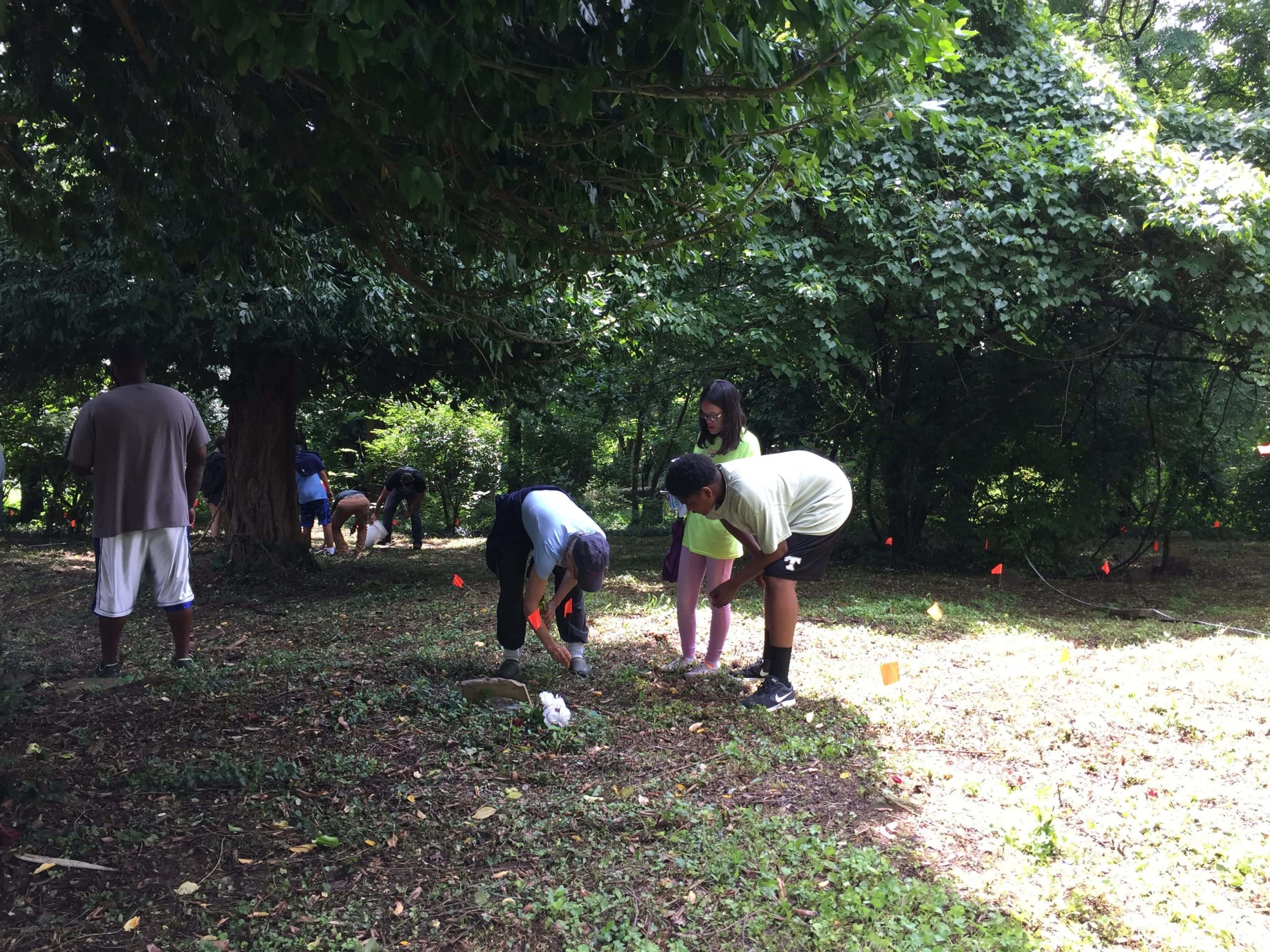
Even though I’ve moved to a vegetarian product line, I find it hard to imagine the farm surviving without our excellent cow herd, both for land use reasons and soil fertility reasons. Ruminant animals have been roaming global grasslands since the Pliocene, and have been part of human existence since the Neolithic period, when the Auroch was domesticated.
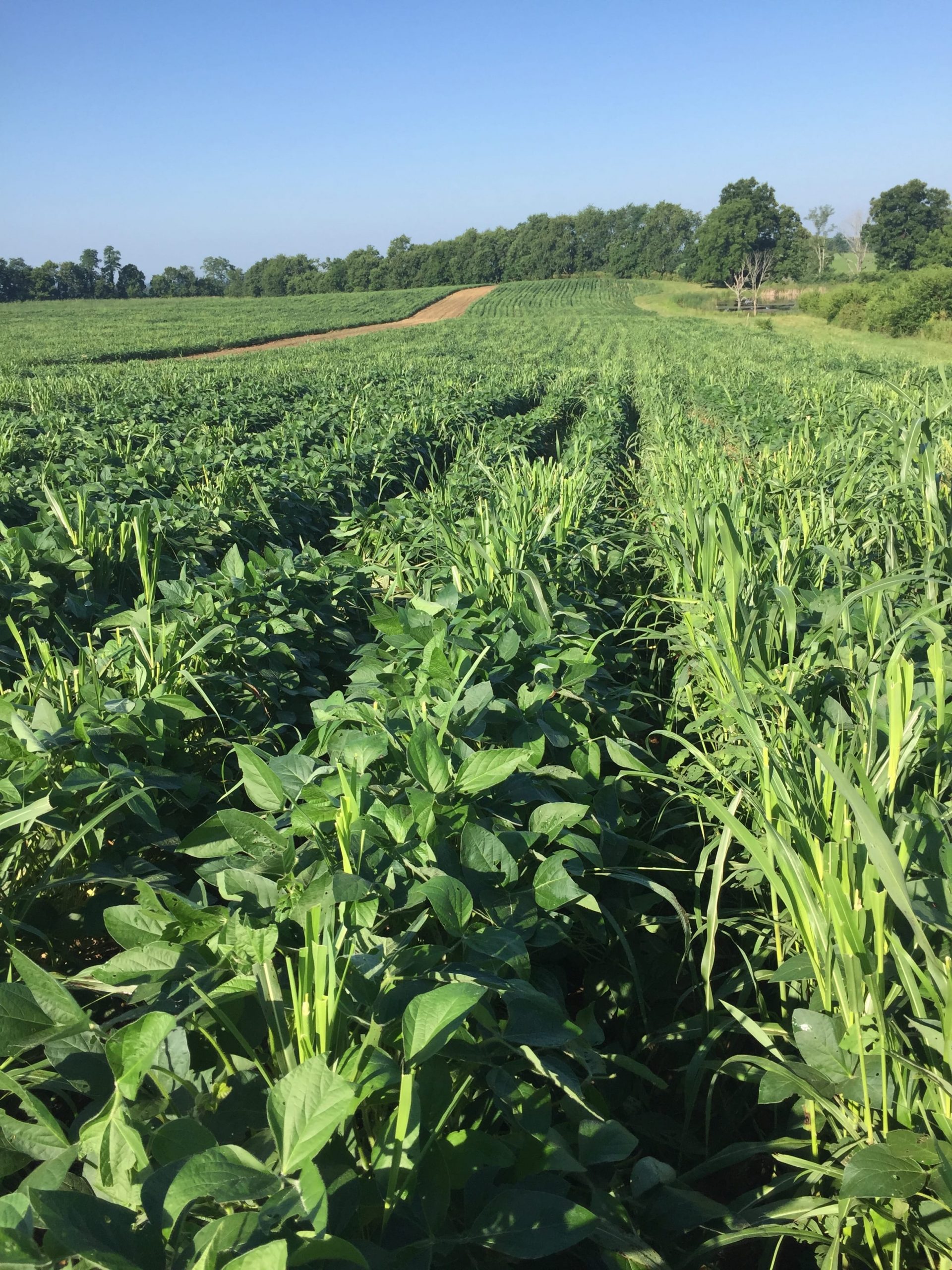
This summer, an intern has worked on carbon sequestration related to building organic matter. We can do this better and faster with compost and herd behavior. But that is a whole other story….
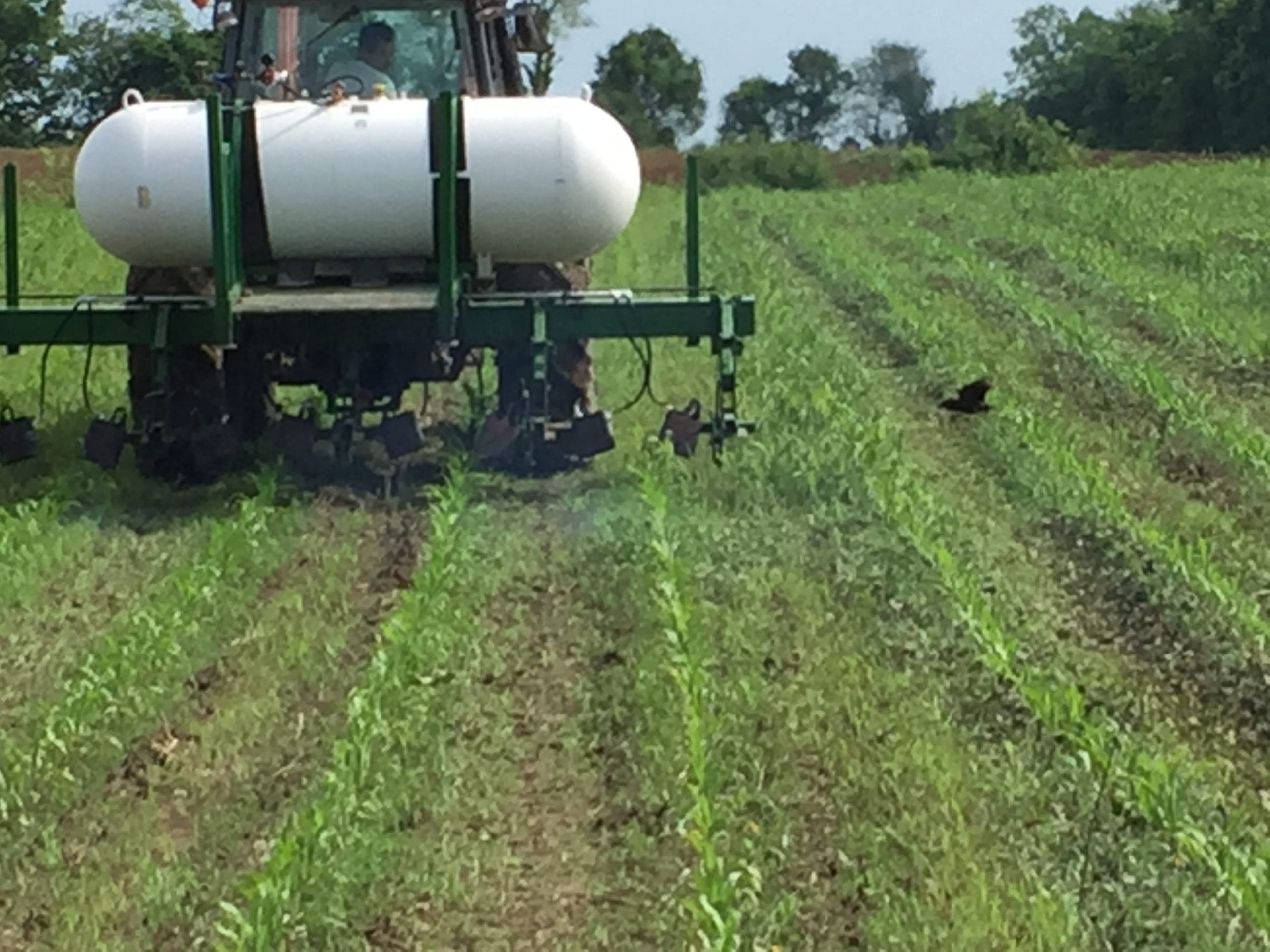
I love organic farming. Being an early adopter in Kentucky, we have to invent our way to success. To this end, Pascaul, Juan and Jason deserve a shout out for “the invention,” which has been in action when the Johnson grass was stalky, about a month ago. (We posted this on the farm’s facebook page.)
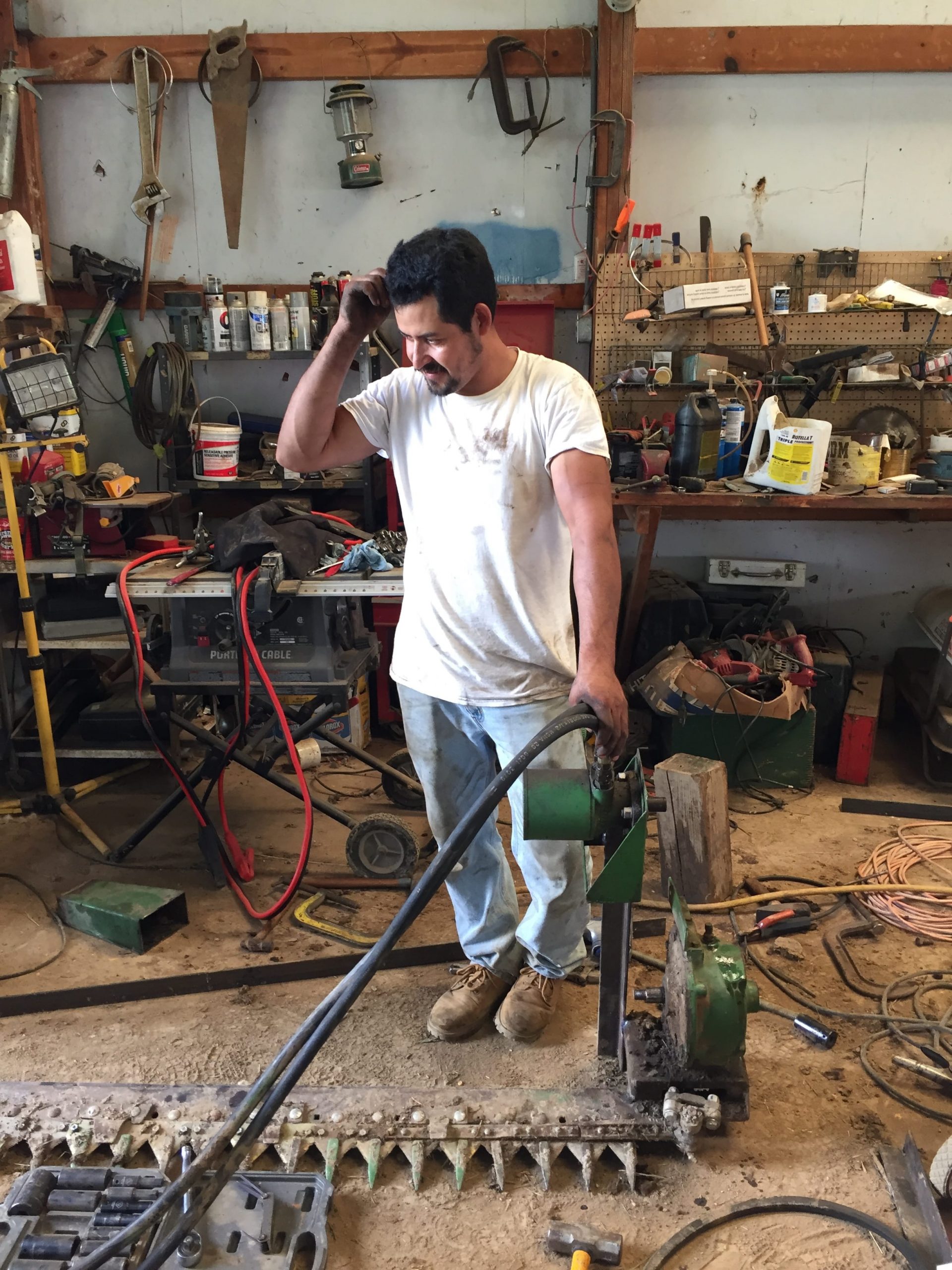
It has regrown, now willowy, with many seeds. The new adaptation will mow the seed heads off, thus giving it at least one more good punch. (It will never go down…not in Kentucky.) I just went to the barn to look at our new purchase, 4 brand new lawn mowers, to be attached to a Rube Goldberg system of belts and pulleys, mowing and mulching the Johnson Grass before it goes to seed. At least that is the plan.
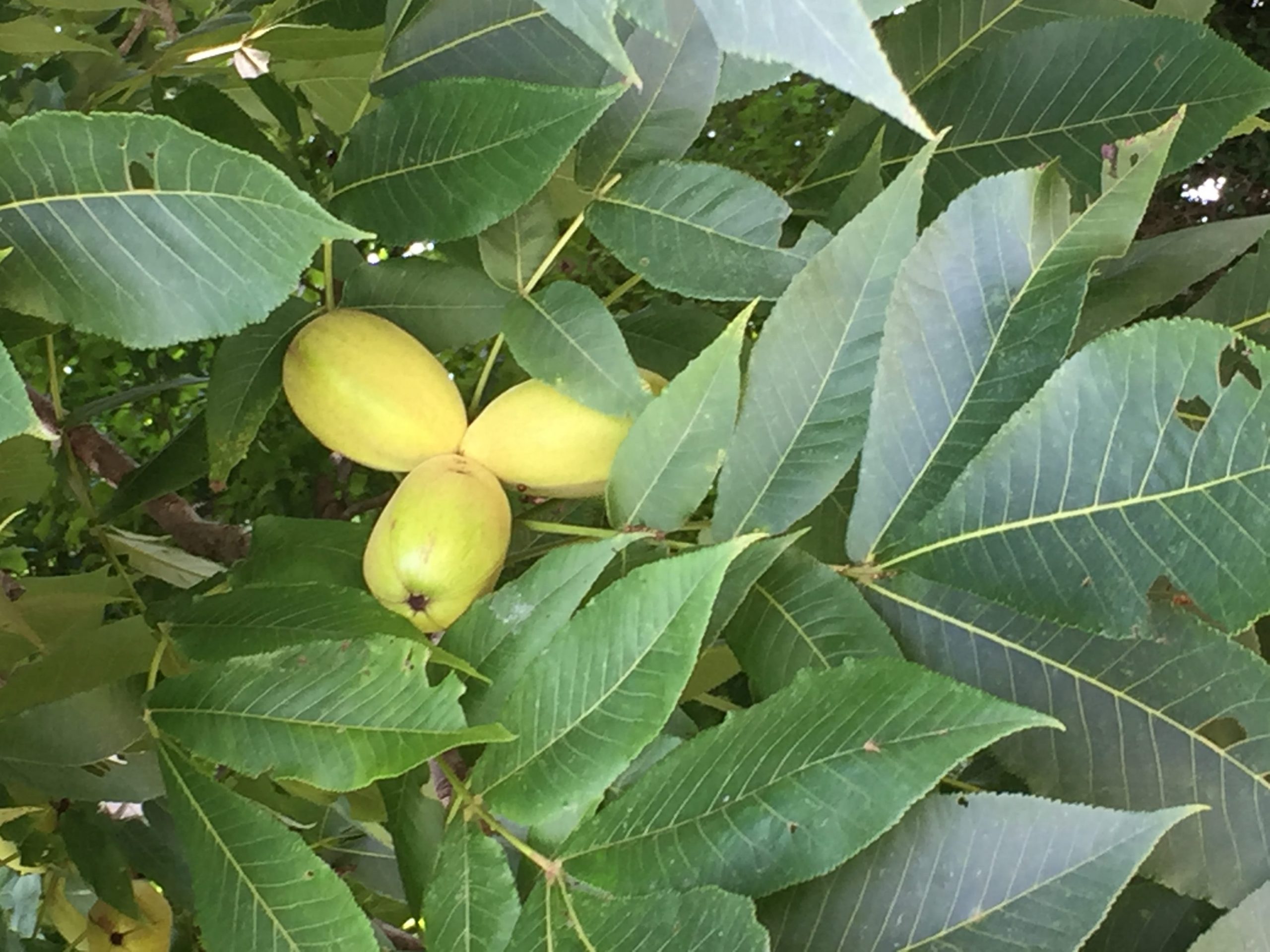
May saw us get our organic and non-gmo crops in the ground. Hemp planting dragged over until June because of the late delivery of seed. This problem ought to go away as the crop becomes normalized. It has cost us yield for three seasons now. But we keep at it!
